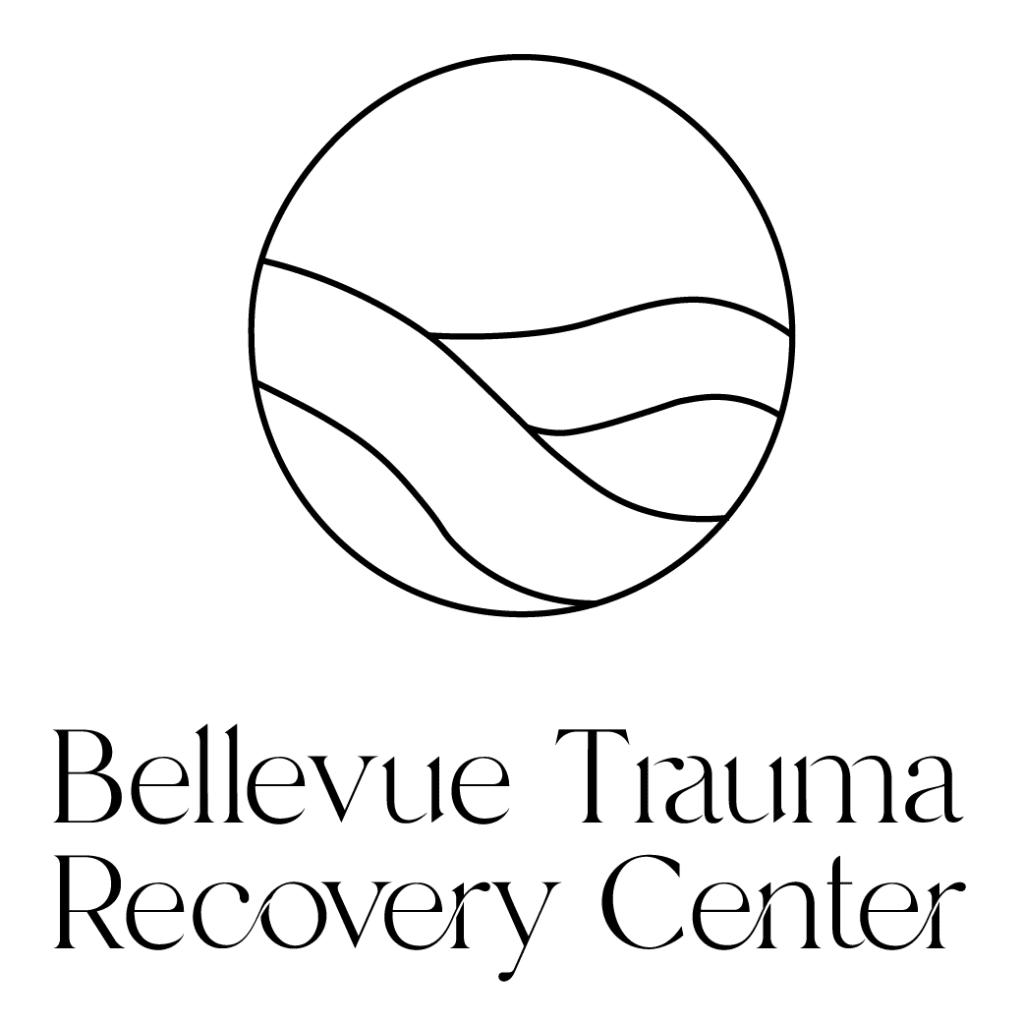In the aftermath of infidelity or betrayal within a relationship, the road to recovery begins with taking a critical step – choosing the right therapist to guide you through this turbulent period. Not all professionals are equipped to handle the unique challenges presented by infidelity and betrayal trauma, making the selection process not just a routine decision but a pivotal one for your healing journey.
The emotional turmoil triggered by betrayal requires a sensitive and informed approach to therapy. While there are numerous professionals with impressive credentials in general therapy, it’s essential to seek out those who possess specific expertise in dealing with infidelity and betrayal. Here’s why identifying a therapist with the appropriate credentials and focus is so vital to navigating your path to recovery.
Specialist Credentials Matter
The therapist’s expertise can significantly influence the healing process for individuals and couples grappling with the pain of betrayal. A therapist specialized in Trauma-Informed Therapy possesses a deep understanding of how trauma impacts an individual’s mental, emotional, and physical well-being, ensuring that they approach your care with the necessary sensitivity and methodology tailored to trauma recovery.
Furthermore, professionals who have dedicated part of their practice to Infidelity Counseling, Betrayal Trauma Counseling, and Sexual Health bring a wealth of experience and nuanced understanding of the complex dynamics and emotional intricacies involved. These therapists can offer targeted strategies and support uniquely suited to addressing the fallout from infidelity, fostering a safe environment where healing and growth can flourish.
Endorsements by reputable bodies, such as the Association of Partners of Sex Addicts Trauma Specialists (APSATS) and the International Institute for Trauma and Addiction Professionals (IITAP), further attest to a therapist’s commitment to providing the highest standard of care in this specialized arena. Such credentials signify a therapist’s extensive training and understanding of the psychology of addictive behaviors and the profound impact on the partners involved.
Why the Right Fit is Crucial
The pain of betrayal cuts deep, leaving wounds that require careful, compassionate care to heal. Engaging with a therapist who lacks the specialization in infidelity and betrayal trauma can inadvertently exacerbate feelings of vulnerability and mistrust. A therapist with the requisite background provides a pathway built on informed strategies recognizing the depth of your pain and the aspiration for recovery.
For couples seeking to rebuild their relationship in the aftermath or individuals working through personal healing, the therapeutic relationship becomes a foundational pillar of support. The right therapist will empathize with your experience and empower you with the tools and perspectives necessary to move forward.
Taking the First Step
Identifying a therapist equipped with the specific skills and credentials to support recovery from infidelity and betrayal is an essential first step toward healing. It affirms your commitment to overcoming the challenges ahead, whether as a couple endeavoring to restore trust and intimacy or as an individual seeking peace and closure.
In this sensitive and complex field, the right therapist can guide you out of the turmoil, leading you toward a place of healing and hope. By prioritizing credentials and specialized expertise in your search, you ensure that your journey toward recovery is anchored in understanding, compassion, and, most importantly, professional integrity.
Remember, healing is possible, and with the proper support, you can emerge from this experience stronger and more resilient. Choosing a therapist who meets these criteria is not just a step but a leap in the right direction on your path to recovery.
The Betrayal Trauma Recovery Center values transparency, accountability, and ongoing training from accredited training programs to ensure each clinician is current on emerging treatment trends and research. For more information, visit us at www.thebtrc.com.


